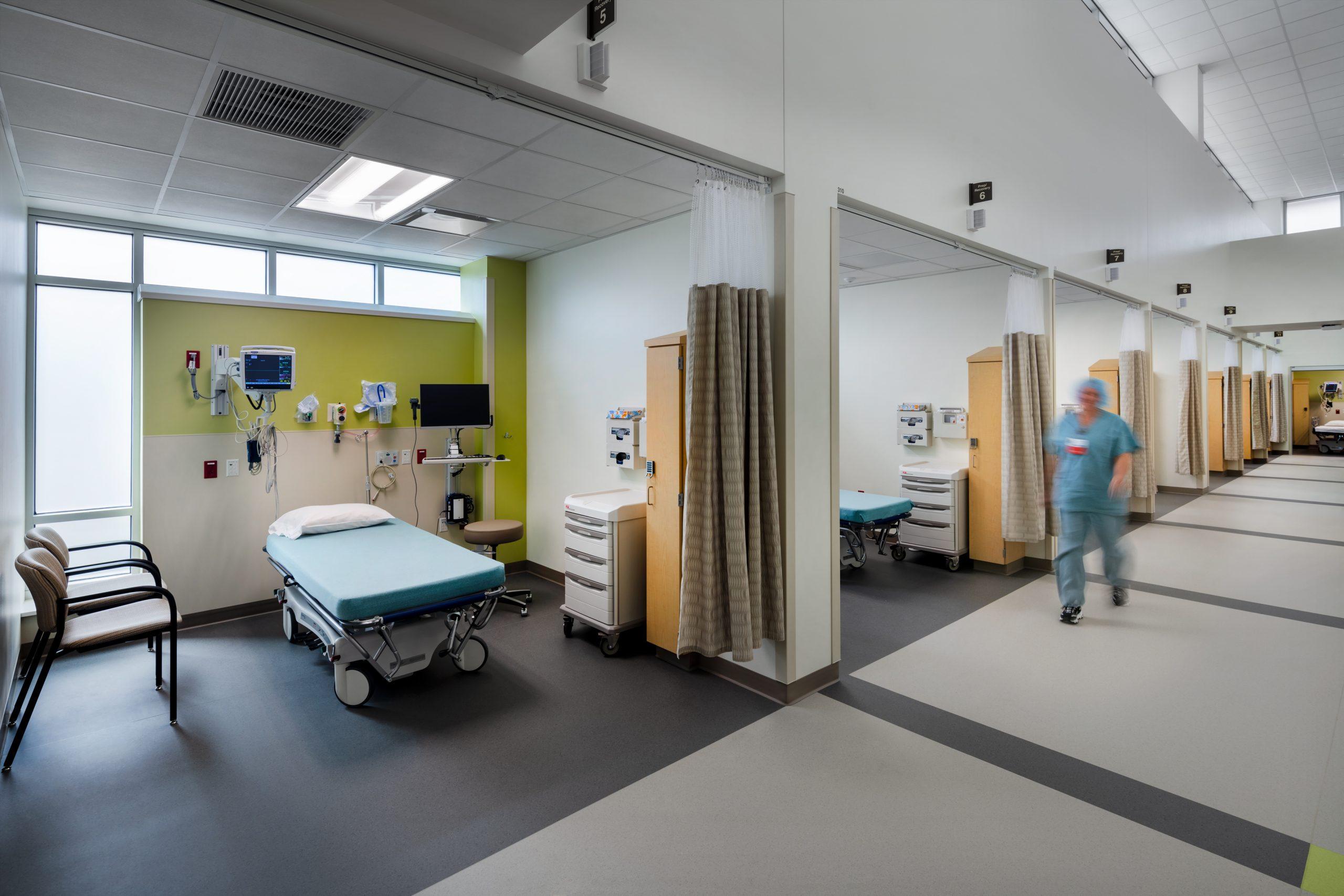Infection control is a vital aspect of the healthcare industry, and it is particularly crucial during construction or renovation projects in healthcare facilities. During such projects, patients, visitors, and staff members can be at risk of exposure to airborne pathogens, including bacteria, viruses, and fungi.
To minimize the risk of infections and maintain the safety of everyone involved, healthcare facilities are required to conduct infection control risk assessments (ICRAs) and implement proper infection control measures during the construction process.
Understanding Infection Control Risk Assessments (ICRAs)
ICRAs are a critical aspect of infection control for healthcare construction. The assessment is a systematic process of identifying potential sources of infection, evaluating the risk of exposure, and implementing appropriate measures to control the spread of infection. The purpose of an ICRA is to reduce the risk of infection during construction and renovation projects in healthcare facilities.
ICRAs are typically conducted by certified industrial hygienists who evaluate the construction site and the healthcare facility's needs. The ICRAs should take into account the facility's patient population, the type of construction or renovation, and the location of the project. The assessment identifies potential risks to patients, visitors, and staff, and outlines appropriate controls to mitigate the risks.
Importance of Infection Control Risk Assessments ICRAs are essential to minimize the risk of infection in healthcare construction projects. They provide a detailed plan to protect patients, visitors, and staff from exposure to airborne pathogens during construction or renovation projects. Some of the key benefits of ICRAs are:
- Reduces the risk of infection: The primary purpose of an ICRA is to identify potential sources of infection and implement measures to minimize the risk of infection during the construction process. The ICRA helps to ensure that the project is carried out with the highest level of safety for all involved.
- Complying with regulatory requirements: Compliance with regulatory requirements is an essential aspect of healthcare construction. ICRAs are a requirement of the the Center for Medicare & Medicaid Services (CMS). Failure to comply with these regulations might result in hefty fines, legal action, or loss of accreditation.
- Eliminates the riskoh hospital acquired infection: Infectious particles can remain suspended in the air for a prolonged period. ICRAs provide guidance on implementing appropriate measures to prevent the spread of these particles, minimizing the risk of hospital-acquired infections.
- Providing a safe environment for patients, visitors, and staff: The goal of infection control measures during construction projects is to provide a safe environment for patients, visitors, and staff. ICRAs ensure that construction activities do not pose a risk to the healthcare facility's occupants.
Infection Control Risk Assessment and Compliance Monitoring ICRA compliance monitoring is the process of ensuring that the infection control measures identified in the ICRA are implemented and maintained throughout the construction process. Compliance monitoring is an essential aspect of infection control for healthcare construction, as it ensures that the safety of all involved is maintained.
Conclusion
Infection control risk assessments are critical in healthcare construction projects to ensure the safety of patients, visitors, and staff. The assessment identifies potential sources of infection and outlines appropriate measures to minimize the risk of infection. Compliance monitoring is equally important to ensure that the infection control measures identified in the ICRA are implemented and maintained throughout the construction process.
